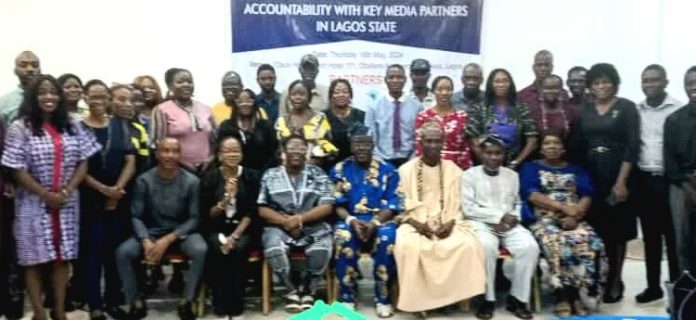In response to incessant armed attacks on educational institutions, particularly the recent abduction of 200 students in a school in Kaduna State, calls have intensified for the Federal Government to genuinely prioritise the safety and security of schools at all levels nationwide.
At a media roundtable discussion in Lagos recently, stakeholders in the education sector emphasised the interconnectedness of all individuals with school-going children, underscoring the collective responsibility to demand government accountability in safeguarding educational environments.
Pointing to Nigeria’s commitment to the Safe Schools Declaration, advocates called for concrete action beyond rhetoric and urged the government to allocate adequate funds and declare a state of emergency to address the pressing security challenges confronting schools in the country.
This was the focal point of discourse at the roundtable organised by the Women Advocates Research and Documentation Center (WARDC), a civil society group in conjunction with the United Nations Democracy Fund.
Speaking at the event, Dr. Abiola Akiyode-Afolabi, founding Director of WARDC, emphasised the urgent need for a comprehensive legal framework to establish maximum security standards for schools across the country.
She stressed the importance of proactive measures, such as deploying Edu-guards, for example, to prevent security breaches and ensure the safety of students and educators.
Reflecting on past tragedies like the Chibok school girls abduction over 10 years ago, stakeholders at the event, emphasised the critical role of the Ministry of Education in providing financial support and legislative backing to enhance security in schools.
While acknowledging initiatives like the Safe School Initiative launched by the federal government, concerns remain over the vulnerability of schools to attacks, as evidenced by incidents in Yobe, Katsina, Zamfara and even in the southwest and east.
Highlighting disparities in security measures between urban and rural schools, stakeholders called for equitable distribution of resources and heightened vigilance to protect all students, irrespective of their geographical location.
With the emergence of groups like the Education in Emergency Working Group, which conducted extensive research to assess school safety nationwide, there is a growing consensus on the need for concerted efforts from government, civil society, and the media to address the security crisis facing schools.
The spotlight also fell on localised threats, such as the activities of Shila boys in Adamawa, underscoring the multifaceted nature of the security challenge in the country.
In light of these developments, there is a resounding call for the Federal Government to elevate school security as a top priority, with urgent action required to protect the lives and futures of Nigeria’s students and educators.














